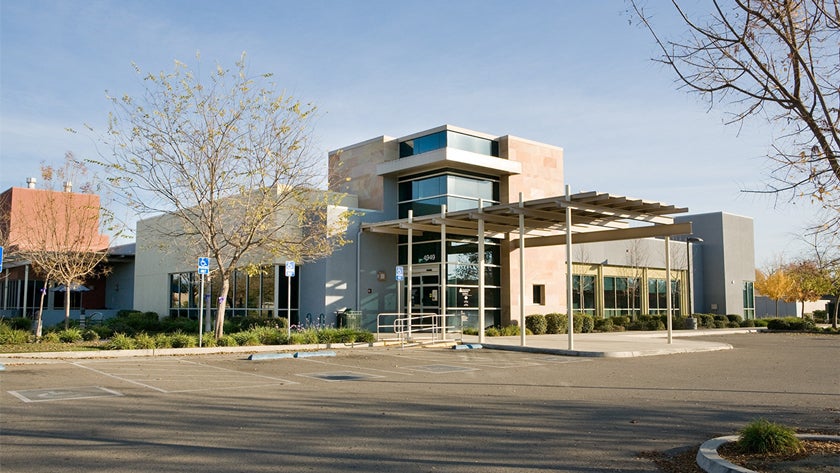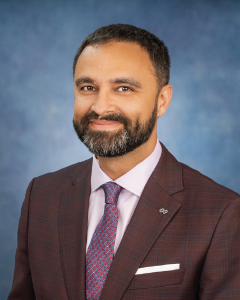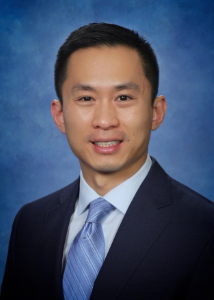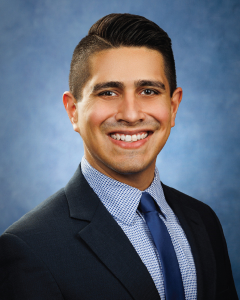FAQs
Frequently Asked Questions
What kind of 3D mammography does the Breast Center offer?
Our Breast Center offers a Selenia Dimensions system's Genius 3D mammography exam. It is the only mammogram proven to find 41% more invasive cancers, earlier, while reducing the chance that you will need to be called back for additional tests by up to 40%. Approve for all women who would be undergoing a standard mammogram regardless of age or breast type or whether coming in for a screening and/or diagnostic mammogram.
What makes 3D mammography different?
It is very similar to having a conventional mammogram but it is proven to be more accurate. Like the conventional mammogram, the technologist will position you, compress your breast and take images from different angles. The difference is that the 3D exam captures multiple images or slices of the breast from several angles, creating a multi-layered breast image. Your doctor is then able to review your breast, one thin layer at a time, almost like turning pages in a book, which helps them make a more accurate diagnosis.
Why should I get it?
A 3D mammogram is proven to produce more accurate results compared to a conventional mammogram. It is the biggest breakthrough in breast cancer detection in 30 years.
Is there any additional compression?
There's no additional compression required and it only takes a few seconds longer.
Is there any more exposure to radiation?
Very little X-ray dose is used during the exam, just about the same as a conventional digital mammogram, and lower than a traditional film mammogram. The total patient dose is well within the FDA safety standards for mammography.
Breast Health Education Line
If you or a loved one have questions related to general breast health and screening concerns, your question will be answered by a registered nurse within 24 business hours. Educational materials will be provided as requested. Call (559) 624-3253 to reach the Breast Health Education Line.
Registered Nurse Breast Center Educator
Cecilia Fleming, RN — Breast Center Educator
Breast health educators play many different roles:
- Case managing patients with abnormal mammogram or breast ultrasound findings to insure that appropriate, timely referrals for treatment are made
- Participating in all breast procedures: wire localization; stereotactic and ultrasound guided biopsies; patient consultation, education, and support
- Providing specialized educational information to patients and the community about benign and malignant breast diseases
- Providing emotional support to breast cancer patients and their families
- Facilitating Women’s Cancer Connection support group
- Serving as a resource for patients, employees and community
- Providing genetic counseling and BRCA 1/ BRCA 2 testing for patients at high risk for hereditary breast cancer
- Operating Breast Health Help Line – Available to answer all calls received





